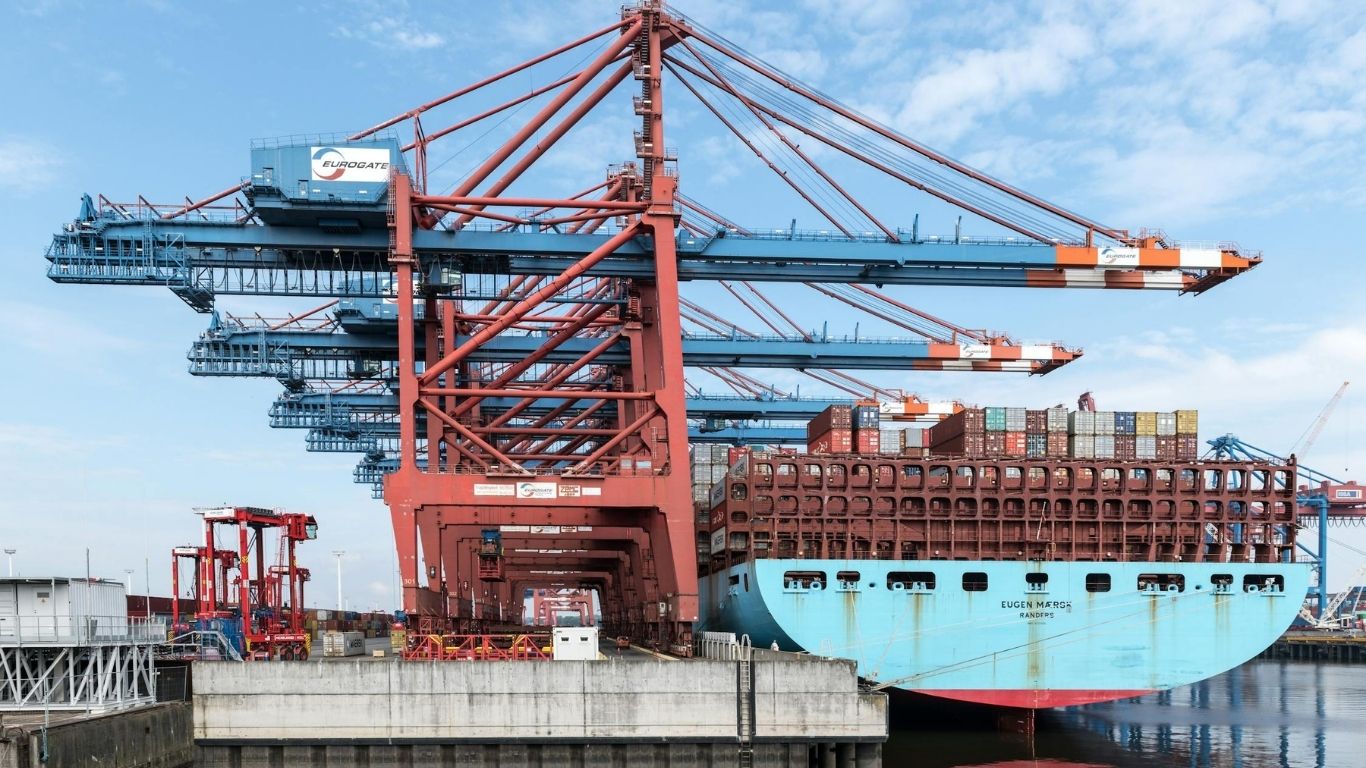As the world economy faces mounting turbulence, the specter of “strategic uncertainty” in trade policy has become a defining feature of the global landscape. Nowhere is this more evident than in the United States, where recent shifts in trade, immigration, and investment policies under President Donald Trump have injected unprecedented volatility into international markets. Drawing parallel with the protracted and painful Brexit process, experts warn that this climate of unpredictability could undermine the very resilience of the U.S. economy and, by extension, the global system.
The Ripple Effects of Strategic Uncertainty
In his second inaugural address, President Trump signaled a radical overhaul of America’s global economic role. The introduction of “Liberation Day” tariffs and subsequent reversals have left businesses and investors in a state of confusion. U.S. Treasury Secretary Scott Bessent aptly described the administration’s approach as “strategic uncertainty.” While intended to provide tactical leverage in trade negotiations, this unpredictability is already echoing the destabilizing effects witnessed in the United Kingdom following the Brexit referendum.
The Brexit saga, as detailed in recent analyses, was not a single event but a drawn-out process marked by political infighting, legal challenges, and years of stalled negotiations. The result? A persistent drag on business investment, stagnating productivity, and sluggish income growth. The lesson is clear: when companies face an uncertain policy environment, they delay or scale back investments, waiting for clarity that often never comes.
Investment Paralysis: The Hidden Cost
The numbers tell a sobering story. In the wake of Brexit, British business investment flatlined for nearly a decade, rising by just $1.7 billion between 2016 and 2024. By contrast, U.S. business investment surged by 35% over the same period. Yet, as the U.S. now embraces its own brand of strategic uncertainty, early signs of investment paralysis are emerging. According to the Business Roundtable’s CEO Economic Outlook Survey for Q1 2025, 58% of major U.S. companies expect flat or falling capital investment in the next six months. Merger-and-acquisition activity is down 19% year-over-year and hiring rates have slumped to their lowest levels in more than a decade.
This chilling effect is especially pronounced among globally integrated firms the very engines of innovation and productivity. In 2022, U.S.-based multinationals accounted for nearly half of all domestic capital investment and two-thirds of all research and development. When these companies hesitate, the entire economy feels the impact.
The Brexit Parallel: A Warning Ignored
The United Kingdom’s post-Brexit experience offers a cautionary tale. Despite initial forecasts of immediate trade collapse, the real damage came from years of uncertainty, which sapped business confidence and stifled investment. Average real incomes in Britain have barely budged since 2016, rising just 4% a pace that would take more than a century to double household earnings. The National Institute of Economic and Social Research notes that, even after new trade agreements were signed, firms remained wary due to ongoing regulatory and market access ambiguities.
The U.S. now risks repeating this cycle. The Economic Policy Uncertainty Index has soared to record highs, surpassing even the levels seen during the COVID-19 pandemic and the 2008 financial crisis. Major corporations have stopped issuing earnings forecasts, citing an inability to predict future policy moves. This pervasive uncertainty is already dampening investment, hiring, and innovation.
Resilience at Risk: The Global Stakes
The implications extend far beyond U.S. borders. As the world’s largest economy, U.S. trade policy reverberates across global supply chains, investment flows, and economic growth. The World Bank’s latest projections warn that, unless trade tensions and policy uncertainty are addressed, the global economy is on track for its slowest expansion since 2008 outside of outright recessions.
Resilience, the ability to withstand and recover from shocks, depends on stable, predictable policy environments. When uncertainty becomes the norm, economies lose their capacity to adapt, invest, and grow. The Brexit experience and America’s current trajectory both underscore the urgent need for clarity, consistency, and international cooperation in trade policy.
Charting a Path Forward
To restore resilience, policymakers must prioritize transparent, rules-based trade frameworks and avoid the temptation of short-term tactical maneuvering. Clear communication, timely negotiation of new trade agreements, and robust dispute resolution mechanisms are essential to rebuilding business confidence and unlocking investment.
The lesson from both sides of the Atlantic is unmistakable: strategic uncertainty may offer fleeting leverage, but its long-term costs are profound. Only by embracing stability and cooperation can the global economy regain its footing and ensure a prosperous future for all.



